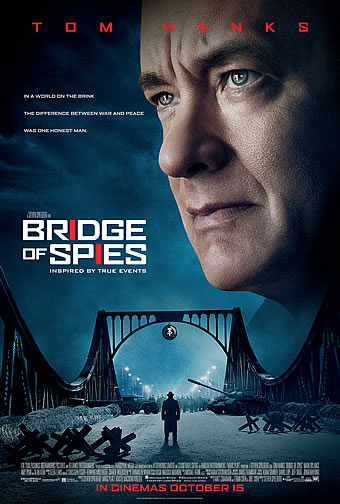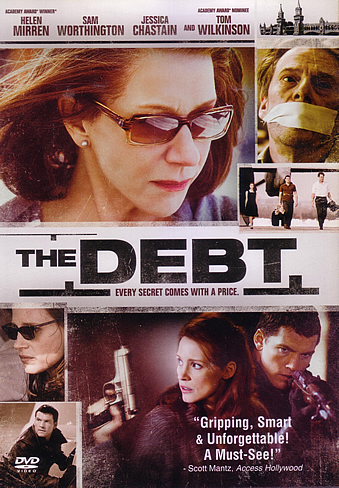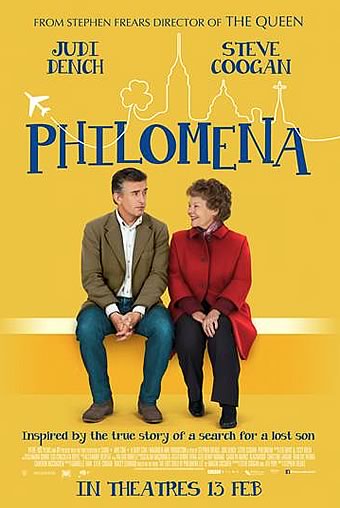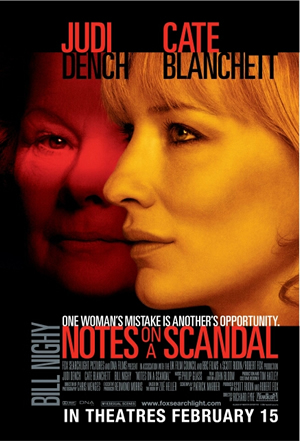RED JOAN (2018)
Genre: Biography/Drama
Director: Trevor Nunn
Cast: Judi Dench, Sophie Cookson, Stephen Campbell Moore, Tom Hughes
Runtime: 1 hr 41 mins
Rating: M18 (Sexual Scene)
Released By: Shaw Organisation
Official Website:
Opening Day: 4 July 2019
Synopsis: The year is 2000 and Joan Stanley (Academy Award winner Judi Dench) is living in contented retirement in suburbia at the turn of the millennium. Her tranquil life is suddenly disrupted when she’s arrested by MI5 and accused of providing intelligence to Communist Russia. Cut to 1938 where Joan is a Cambridge physics student who falls for young communist Leo Galich and through him, begins to see the world in a new light. Working at a top-secret nuclear research facility during WWII, Joan comes to the realisation that the world is on the brink of mutually assured destruction. Confronted with an impossible question- what price would you pay for peace? Joan must choose between betraying her country and loved ones or saving them.
Movie Review:
Without the involvement of Judi Dench, we are guessing that not many people would be interested in this spy drama film.
Dench, a seven time Oscar nominee (she won the Best Supporting Actress prize for her eight minute appearance in 1998’s Shakespeare in Love), has delivered impressive performances in acclaimed works like Philomena (2013), The Second Best Exotic Marigold Hotel (2015) and Victoria & Abdul (2017), is an obvious choice if you want to cast someone to play an elderly lady who had ideals in her younger days, but has been wronged by the system.
In this film helmed by English theatre director Trevor Nunn, Dench plays the older version of Joan Stanley, who studied physics at Cambridgein her younger days. The genius became involved with communists and radical politics, and got her life turned upside down. Now in her senior years, she gets questioned by the Special Branch for being involved in communism.
The character is based on Jennie Rooney’s novel of the same name, which was inspired by Melita Norwood, a real life personality who worked at the British Non-Ferrous Metals Research Association as a secretary and supplied the Soviet Union with nuclear secrets.
The story sounds like a recipe for high stakes drama and plenty of double crossings, before culminating in a finale where the protagonist righteously speaks about how her actions are fueled by a need for opposing sides of the war to be on the same playing field. But this 101 minute film is treated with a prim and proper approach, and sparks just don’t fly. In fact, the only moments when you’d sit up and watch are when Dench appears on screen to narrate the flashbacks.
The younger Joan is played by Sophie Cookson (Kingsman: The Golden Circle). While the 29 year old English actress does a decent job of playing a bright young girl who has huge ambitions, she just doesn’t seem to be able to fill the shoes of the big hearted character she is supposed to portray. Of course, it doesn’t help that her older self is played by Dench, who commands the screen in every scene.
Hence, viewers can’t help but compare.
Cookson’s scenes with a fellow radical (Tereza Srbova) and a German Jew (Tom Hughes) also fail to spark chemistry. While you can’t label their performances as bad acting, this is the kind of show that you’d expect to come across while channel surfing on a lazy weekend afternoon. If you have personal interest in history and happen to be a fan of spy dramas, then this film would keep you adequately engaged.
Another possible reason why this movie may fail to interest the mainstream movie goer is the lack of impressive sequences. Given the background of Nunn, he may not have seen the need to include big sets, action scenes and dramatic plot development. The concept does sound like an interesting one on paper, but when it gets translated into the visual medium, one wishes that more could have been done to engage today’s audiences, whose attention span is increasingly falling short.
Movie Rating:



(A film with an interesting premise, but could have increased many doses of drama to spice things up)
Review by John Li
You might also like:
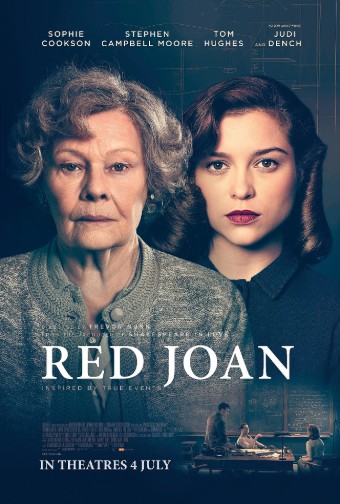
Movie Stills







